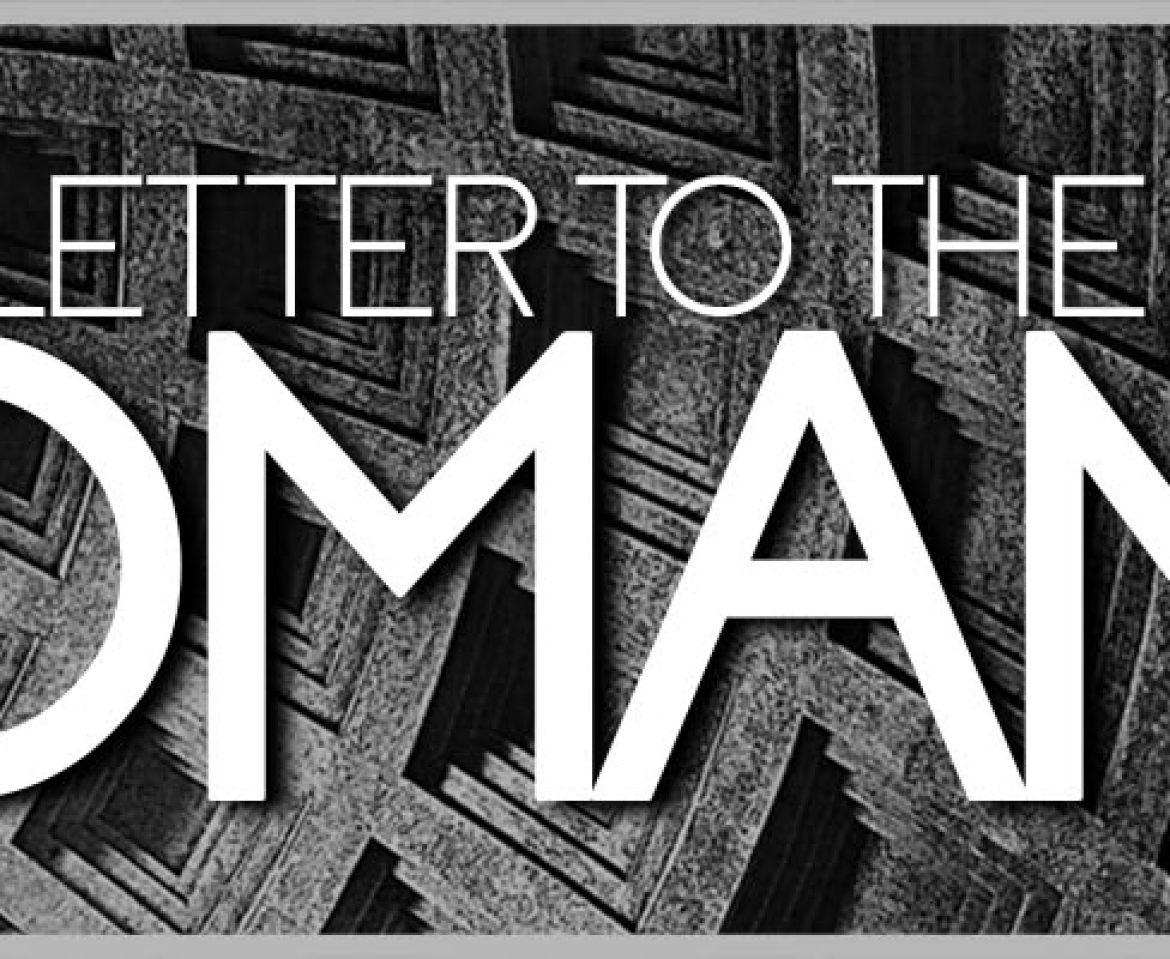Crisis of Confidence by Carl R. Trueman
Trueman’s latest release is more accurately a re-working of his previous title The Creedal Imperative.
Having not read the previous work, I was drawn to this title because I grew up in a faith tradition that did not emphasize creedal statements. Yet, I was immediately confronted with a very truthful statement by Trueman: “Christians are not divided between those who have creeds and confessions and those who do not; rather, they are divided between those who have public creeds and confessions that are written down and exist as public documents, subject to public scrutiny, evaluation, and critique, and those who have private creeds and confessions that are often improvised, unwritten, and thus not open to public scrutiny, not susceptible to evaluation, and, crucially and ironically, not therefore subject to testing by Scripture to see whether they are true.”
Wow.
Not only did I finish this title with a deep appreciation for the historic creedal statements of the church, but I felt the necessity for them presently within our congregations today. Trueman does an excellent job laying out the historicity of creedalism alongside the beauty and usefulness of their profession. Again, having grown up in a tradition that view perhaps erred on viewing creeds as trite, I finished this book deeply convinced of how untrue that sentiment is.
That said, I also found this to be a dense read. It was necessary, but it was a labor to read through even just these 200 pages. As such, I felt some of its impact was received at a crawl and my excitement for creeds weighed down by the heaviness of the read. This would be a tough book for me to hand off to a friend with my background who needed to see the beauty and joys of creedalism. Ordinarily, this would be a 4/5 read for me, but I had to give it a 3/5 for this reason.
I’m grateful to NetGalley and Crossway for the advanced readers copy in return for my honest review.

